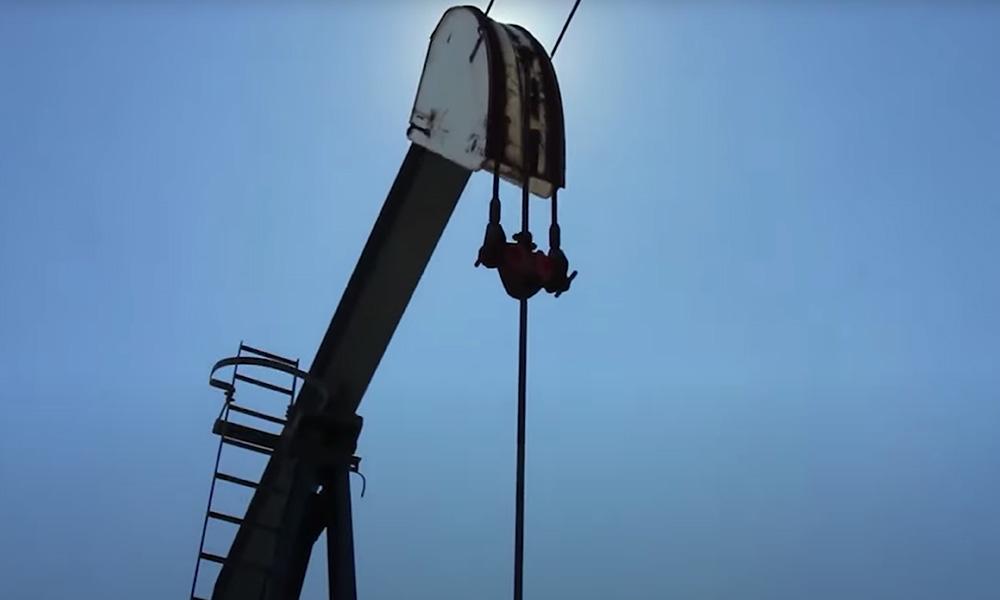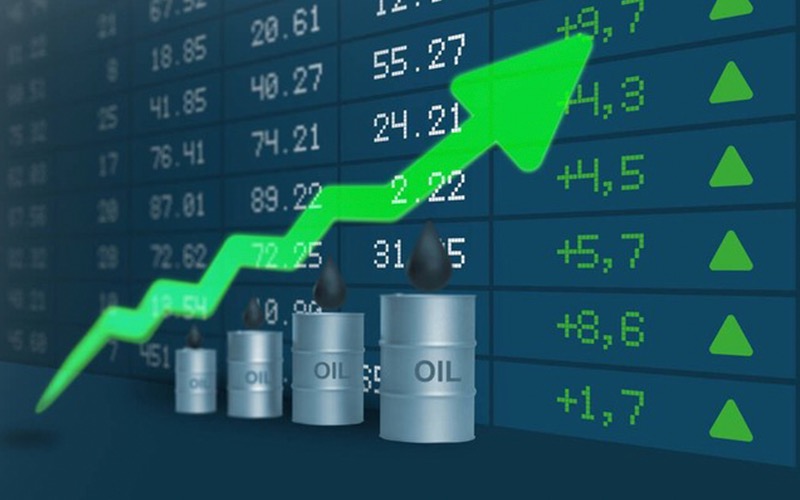Middle East Gulf oil firms redefine roles in volatile region
2025-07-04 13:17:22
That evolution is now being tested, as the U.S. strike on Iran’s nuclear infrastructure represents a dangerous new phase in the region. Iran quickly launched retaliatory missiles at U.S. bases in Qatar, and Israel briefly continued airstrikes before the warring parties reached a tentative, albeit fragile, ceasefire. Yet the Gulf oil companies have not changed course. Their restraint reflects not only tactical caution but a deep-seated understanding that regional unrest is no longer an arena for symbolic revolt but a risk of national transformation.

This shift is most evident in Saudi Arabia, where energy security calculus has changed significantly. Negotiations between Riyadh and Tehran in 2023 demonstrate the Kingdom’s new diplomatic preference over confrontation. Saudi Vision 2030, anchored by economic diversification, foreign investment, and tourism, requires a predictable geopolitical environment. Saudi Aramco plays a stabilizing role in global markets as the custodian of spare oil capacity around the world. Its rapid recovery from the 2019 Abqaiq attack and its current normal operations despite escalating US-Iran tensions exemplify this strategic posture. Energy disruptions today would undermine not only exports but also the broader socioeconomic transformation underway.
For the UAE, it is a story of preemption and geopolitical hedging. ADNOC has been influenced by the UAE’s flexible commercial diplomacy, positioning itself as a neutral, reliable supplier even when regional tensions are at their peak. The Abraham Accords have led to cautious collaboration with Israel on energy technology and infrastructure, while also making determined efforts to minimize the impact of geopolitical bottlenecks. The Abu Dhabi Crude Oil Pipeline (ADCOP) completely bypasses the Strait of Hormuz, providing a critical alternative in the event of maritime disruptions.
Qatar Energy faces a unique challenge. As the world’s largest exporter of liquefied natural gas and co-owner of the North Dome gas field with Iran, Qatar must walk a narrow diplomatic line. Although Doha is aligned with Western markets, it has publicly remained neutral during the US-Israel military operation. Last weekend’s attack did not trigger any disruptions to Qatar’s LNG exports, and Qatar Energy continues to focus on long-term expansion projects in Asia, Europe, and the United States. Its posture is one of silent isolation, ensuring continuity of supply while avoiding political entanglements that could jeopardize shared infrastructure with Iran.
These potentially divergent approaches share a common foundation: infrastructure-led resilience. The Gulf region’s energy strategy is no longer just about oil and its production, but about diversification of routes and the durability of the system. Egypt’s Sumed pipeline, which connects the Red Sea to the Mediterranean and is supported by Gulf shareholders, was recently expanded from 5 million barrels per day to 7 million barrels per day. These and similar investments could help decouple oil exports from the region’s most volatile maritime routes.
As the Iran-Israel conflict enters a new, unfamiliar phase, with the United States now fully engaged, Gulf state oil companies are not changing course. Unless physical infrastructure or export routes become direct targets, their focus will remain on business continuity, global trust, and strategic discipline. In an often volatile region, the Gulf's energy giants offer some of the most valuable things: a stable center of gravity. Through improved diplomacy, infrastructure investment, and commercial sophistication, they are building an energy architecture that is both profitable and increasingly immune to the instability around them.
- Risk Warning and Disclaimer
- The market involves risk, and trading may not be suitable for all investors. This article is for reference only and does not constitute personal investment advice, nor does it take into account certain users’ specific investment objectives, financial situation, or other needs. Any investment decisions made based on this information are at your own risk.










